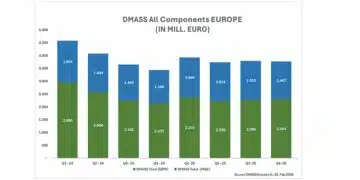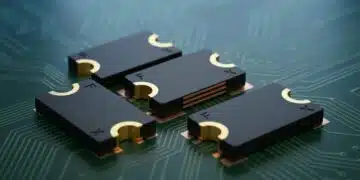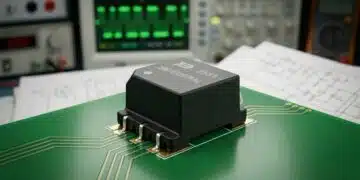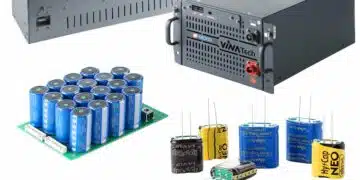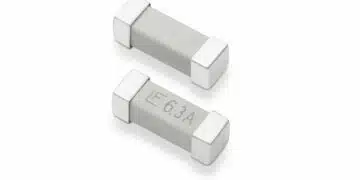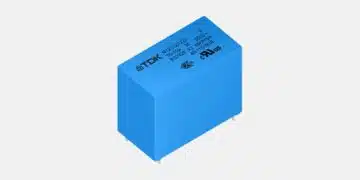Japan’s inorganic chemicals industry pioneer Nippon Chemical Industrial (NCI) will contribute to the future ceramic capacitor market expansion by continuing to stabilise the supply of speciality chemical materials that support such accelerated digitalisation.
The pandemic spread of Covid-19 has changed the way people live and work. Social distancing is now a necessity globally, requiring an accelerated digital transformation in all industries as business transactions happen virtually more than ever before. This creates a heightened demand for infrastructure such as communication networks and data centres, with 5G networks needed sooner than expected.
Japan’s inorganic chemicals industry pioneer Nippon Chemical Industrial (NCI) will contribute to the future market expansion by continuing to stabilise the supply of speciality chemical materials that support such accelerated digitalisation. It is investing in a new production facility for barium titanate, the dielectric material used in multilayer ceramic capacitors, which are indispensable to manufacturing next-generation smart electronics such as hi-tech vehicles equipped with advanced driver assistance systems, 5G base stations and the internet of things.
NCI brings more than a century of technical know-how to its speciality chemicals expansion. It is renowned for progressive technology that leads to groundbreaking products and applications. With its abundant experience, NCI has developed the oxalic method to produce barium titanate, controlling the stable mole ratio of barium and titanium at the atomic level.
“We can precisely control the balance of barium and titanium, and this allows us to assure highly reliable quality,” says Hirota Tanahashi, president and representative director. “This high reliability is important because hi-tech vehicles must primarily secure people’s lives.”
Construction of the new factory in Japan will be completed next year, enabling NCI to meet the rapidly expanding global need with an increased production capacity.
NCI has also contributed to an evolving lithium-ion secondary battery industry. It is eyeing the launch of lithium-cobalt oxide and lithium-nickel-manganese-cobalt oxide batteries for high-voltage applications, smart electronics and other emerging applications to further grow this market.
NCI’s subsidiary Nippon Puretec is a specialist in environment-conditioning technologies that help to raise indoor air quality in semiconductor, pulp and food workplaces with its specialised filtration systems. In hospital settings, the company’s specialised technologies can prevent the outflow of viruses from patient rooms by creating negative pressure, while at the same time sterilising the space by passing the polluted air through a high-performance filter. Nippon Puretec will contribute to dispelling the Covid-19 pandemic through various air purification systems designed to create the clean environments required by customers. For metal processing companies, Nippon Puretec has already developed oil mist eliminators that are easy to install and use with existing air-conditioning systems. It also offers positive pressure insect repellent systems that prevent the invasion of insects and dust by increasing the indoor pressure, with strong confidence to improve the working environment in the expanding Asian market.
“It is our mission to develop new areas of technology by combining our more than 125 years of history and tradition with technologies such as nanotechnology, polymer applications and biochemicals,” Tanahashi says.
NCI has overseas bases in Shanghai, Bangkok and New York, which are actively pursuing its market expansion. The company will open a production facility within Southeast Asia to support its overseas strategy. It aims to double its sales growth in its global markets within five years.



